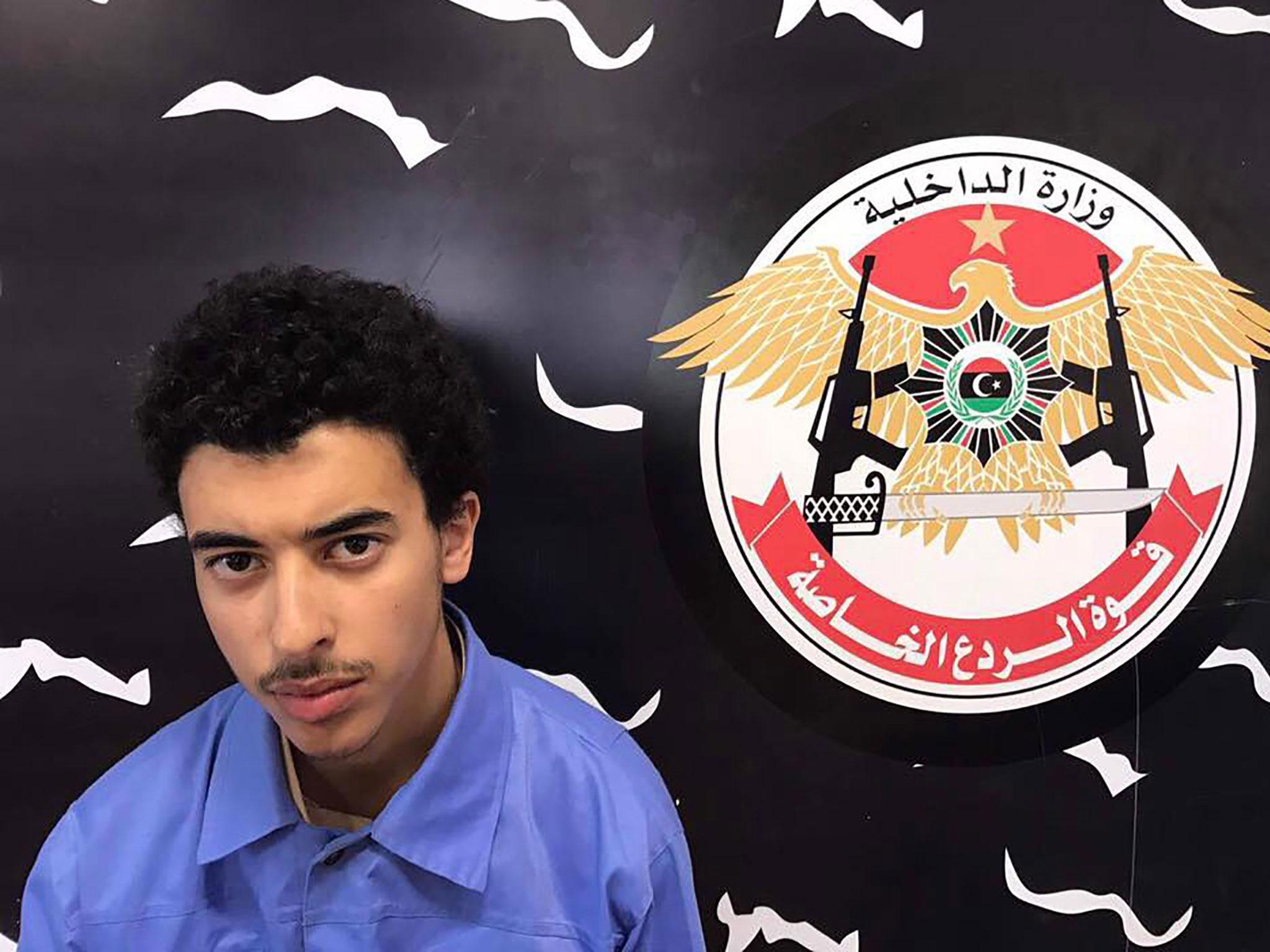Hashem Abedi: Manchester bomber’s brother extradited from Libya to face murder charges over 2017 attack
The 22-year-old is to appear in court on charges of murder and conspiracy to cause explosion

The brother of the Manchester bomber has been extradited to Britain to face charges of conspiracy and murder over the 2017 attack.
Hashem Abedi was arrested in Libya shortly after his older brother, Salman, killed 22 victims in a suicide bombing at Manchester Arena.
British authorities requested his extradition in 2017 but the process has been repeatedly delayed.
On Wednesday, the Libyan Special Deterrence Force (Rada) handed Mr Abedi over to British police in Tripoli and he was flown to the UK.
After he arrived at a London airport, Greater Manchester Police officers formally arrested the 22-year-old on suspicion of murder, attempted murder and conspiracy to cause an explosion likely to endanger life.
Chief constable Ian Hopkins said: “After processing at the police station, he will appear at Westminster magistrates court in relation to these charges.
“I want to thank all those involved for their commitment to this investigation and the successful extradition of Hashem Abedi.”
The former engineering student has been transferred to a police custody facility in London ahead of a court appearance expected on Thursday.
The Crown Prosecution Service had previously authorised Mr Abedi to be charged.
Theresa May said: “This is clearly an important moment in the investigation. I hope it is a welcome step for the loved ones of all the victims.”
Sajid Javid called his extradition “an important step forward in the investigation into the Manchester Arena attack”.
“It’s important we now let the law take its full course,” the home secretary added.
“My thoughts remain with the victims and their families who have endured so much. I would also like to pay tribute to the continued efforts of the dedicated police officers and all others who have worked tirelessly on this case.”
Ben Wallace, the security minister, said the extradition had taken a “huge effort” by the police, Foreign Office and Home Office and thanked Libyan authorities for their support.
In November, the Libyan prime minister promised the extradition would take place before the end of 2018 but earlier this year officials said it was postponed by an offensive launched by a Russia-backed general.

The interior minister of Libya’s UN-backed government, Fathi Bashagha, told the BBC a court had agreed to extradite Mr Abedi to the UK in April, but a week later enemy forces attacked the capital of Tripoli.
The wait for Mr Abedi to be transferred to Britain has also delayed inquests into the victims’ deaths, which cannot be held until the conclusion of any criminal proceedings.
Family members were told at a preliminary hearing that the full inquests would not likely begin until April 2020 at the earliest.
Greater Manchester Police said relatives of those killed and attack survivors were the first to be informed of Mr Abedi’s successful extradition.
“Since the Manchester Arena attack on 22 May 2017, our thoughts have been with the families of those who lost loved ones and the hundreds who are struggling with serious physical injuries and deep psychological effects,” Mr Hopkins said.
“They have always been central to our investigation and will continue to be so at all times.”
The Manchester bombing was the second terror attack claimed by Isis to strike Britain, and the deadliest of five attacks in 2017.
Salman detonated a suicide bomb in the foyer of Manchester Arena as fans poured out of an Ariana Grande concert, killing victims as young as eight.
He had travelled to Libya – his parents’ country of origin – several times before the attack and had returned from his most recent trip just days before.
Isis gained a foothold in the country during the civil war that followed the killing of Muammar Gaddafi in 2011, seizing territory around the coastal city of Sirte.
The group was driven out of the city but retains a presence in Libya, following the destruction of its “caliphate” in Syria and Iraq, and has claimed responsibility for recent attacks.
Bookmark popover
Removed from bookmarks